Preserving the Cole Memo to Avoid the Long Arm of the Law… of Unintended Consequences


By J.J. McCoy, Senior Managing Editor for New Frontier Data
For four months since last fall’s elections, the cannabis industry has anxiously anticipated word about the Trump administration’s posture toward marijuana policy, and whether the Department of Justice would change the status quo established under the 2013 Cole Memo.
During the campaign, Trump went on record as “a hundred percent” in favor of medical cannabis. Likewise, while he was more skeptical of legalizing adult use, he nonetheless favored states’ rights and seemed uninterested in breaking up existing legalized programs. On the day he won the presidency, California, Maine, Massachusetts, and Nevada each voted to legalize adult use, while Arkansas, Florida, Montana and North Dakota mandated medical programs. Those brought the current total to 28 states and the District of Columbia for jurisdictions with some measure of legal cannabis for either medical or adult use, and the market broadening faster than most expected.
Indeed, New Frontier’s analysts noted some interesting data points with possible political implications:
- Approximately 95% of the U.S. population lives in jurisdictions with some form of legal cannabis (including adult use, medical use, or CBD-only laws). Medical use is legal in 21 states and the District of Columbia, covering a population of 135 million people, while adult use is legal in eight states and D.C., covering a population of 69 million people.
- CBD-only use is legal in 15 states, covering a population of 102 million people (CBD only refers to products where THC must be at or lower than 0.3%.).
- In November 2016, 18 million Americans (6% of the U.S. population) cast votes in support of either medical or adult use initiatives. Voter participation in the states which passed adult use initiatives was nearly 4% higher than the national average (62.9% vs 59.3%), suggesting that adult use legalization may have been a motivating factor for voters.
Last week, new Attorney General Jeff Sessions told the National Association of Attorneys General that he was reviewing the current DOJ policy about enforcing federal laws against marijuana, if without having decided whether to become tougher than the policy detailed in Cole Memo, which directed federal prosecutions to focus chiefly on distribution to minors, involvement of gangs or organized crime, or marijuana plants grown on federal land.
To some industry stakeholders, that news and some recent comments by White House spokesman Sean Spicer switched November’s green light in the marketplace to a reddish-yellow. But then Politico reported how Sessions has privately reassured some Republican senators that he won’t deviate from the holdover Obama-era policy of allowing states to implement their own marijuana laws.
Taking nothing for granted, last Thursday 11 senators from eight states including Republican Lisa Murkowski (R-Alaska) and Democrat Elizabeth Warren (D-Mass.) asked for definitive clarification that the Cole Memo “remain in place [to] ensure that state infrastructure, including tax revenue, small businesses, and jobs, can be protected.”
- Were the federal government to crack down now on the adult use market, it could jeopardize projected revenues of $2.65 billion in 2017, and $8.22 billion by 2020, when the existing legal cannabis industry is projected to have created more than 283,000 jobs.
- In Oregon alone, legal cannabis accounts for an estimated 12,500 jobs, while in Oregon, Washington state and Colorado, 2016 marijuana tax revenues totaled $335 million. The Oregon Liquor Control Commission charged with regulating and licensing the state’s adult use industry reports having nearly 13,000 applications for marijuana worker permits and more than 2,100 marijuana license applications. Oregon’s Department of Revenue reported $60.2 million collected in 2016 taxes. The Portland Business Journal recalled that just before the 2014 ballot initiative passed, the state’s Legislative Revenue Office had projected revenue of only $16 million for fiscal year 2017.
“These discussions offer opportunity for rigorous debate on the issue,” said New Frontier Data CEO Giadha Aguirre De Carcer. “New Frontier’s mission is to provide vetted data and insights to all who would like greater transparency into the industry, with the aim of informed decisions based on hard facts.” Per jobs and taxable revenue, for example, “this data highlights the complexity of this debate and the number of Americans that would be impacted by the outcomes,” De Carcer concluded.


J.J. McCoy
J.J. McCoy is Senior Managing Editor for New Frontier Data. A former staff writer for The Washington Post, he is a career journalist having covered emerging technologies among industries including aviation, satellites, transportation, law enforcement, the Smart Grid and professional sports. He has reported from the White House, the U.S. Senate, three continents and counting.


